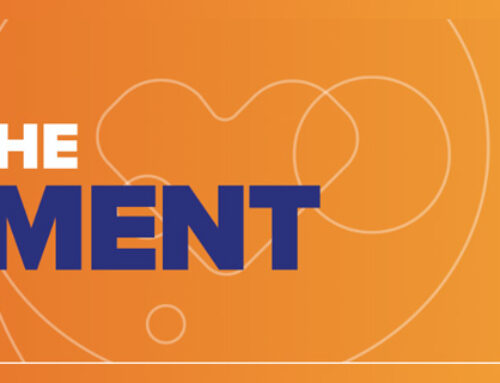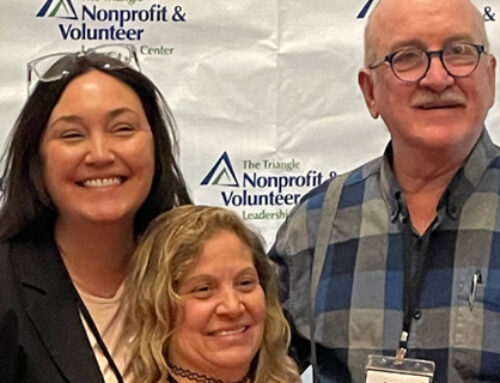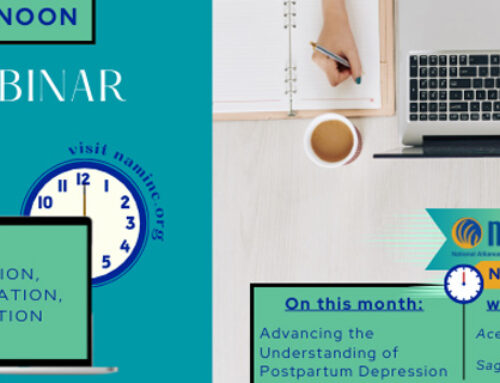National Minority Mental Health Awareness Month was established in May 2008 through the tireless work of Bebe Moore Campbell. Campbell was an author, advocate, co-founder of NAMI Urban Los Angeles and a national spokesperson for mental health. Every July, Minority Mental Health Awareness Month is celebrated to bring awareness to the unique mental health challenges faced by minority communities, and improve access to mental health treatments and services in those communities.
Reasons why this awareness effort is crucial:
- Compared to those of other racial/ethnic backgrounds, non-Hispanic Asian Americans with mental illness are least likely to receive mental health treatment. Only 25% of Asian adults with a mental illness received treatment in 2021.
- Black adults in the U.S. are more likely than white adults to report persistent symptoms of emotional distress.
- More than half of Hispanic or Latino young adults ages 18-25 with serious mental illness do not receive treatment.
- While not all Indigenous/Native people live in rural or isolated areas, many still do, and they don’t have appropriate mental health services to meet their needs.
- Many people with disabilities experience traumatic stress due to the painful treatments received for their physical condition, as well as depression and anxiety from the isolation they experience.
- According to a 2023 report from The Trevor Project, just 38% of LGBTQ+ young people identified their home as an LGBTQ-affirming space.
People in minority communities with mental illness can experience barriers to receiving proper treatment, including social, financial, lack of health insurance, or lack of provider availability. Many minority communities still experience stigma within their communities, or discrimination in the health care system. Cultural competency is imperative for understanding how culture, beliefs, language, and race can inform and influence how people perceive and experience mental health conditions.
Ways to get involved:
- Visit NAMI’s online Identity and Cultural Dimensions section for resources specific to various minority communities.
- Spread the word! Visit our social media channels for posts you can use to raise awareness about minority mental health needs.
- Write, call and talk to legislators – both local and federal – to support efforts to improve access to and the quality of mental health services for those who are underserved.
- Encourage providers in your area to provide equitable and respectful quality care and services that are inclusive of the cultural health beliefs and practices of your community.
Everyone deserves culturally competent mental health care. Let’s join forces to confront and break down harmful stigmas and systemic barriers which perpetuate mental health inequalities.





